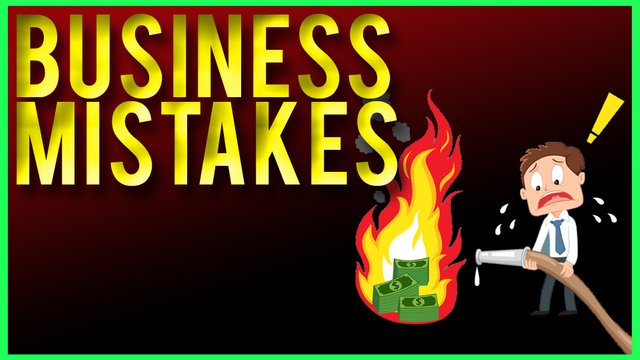How To Annoy A Whole Country And Destroy Your Business In One Weekend

Unless you’ve been living under a rock, you can’t have failed to hear the angry pitchforks of book lovers and librarians across the United States lately. It all started last weekend, when LUI Post economist Panos Mourdoukoutas published a Forbes opinion piece entitled: “Amazon Should Replace Local Libraries to Save Taxpayers Money”.
Not long after, Forbes took it down, noticing that rather a lot of Americans disagreed incredibly strongly with the statement. 200,000 views or not, the hot potato topic was clearly too damning for Forbes to keep up.
While Forbes made an anodyne statement that managed to say nothing, the article itself is a good example of why, as an internet marketer, it’s probably best you steer clear of controversial opinions. A little is fine, but when you touch a nerve that makes an entire country angry, you’re probably doing it wrong. As it turns out, not all good publicity is good publicity.
So, here’s the story as it currently stands, with Moudoukoutas kinda battling it out against a while bunch of Americans who really, really didn’t like what he had to say:
The Story So Far…
Mourdoukoutas’ argument was simple enough. He wrote that libraries were no longer useful. Starbucks now provided communities with WiFi and a sense of community, Netflix had video, and Amazon had video and books. In short, who needed fusty old libraries when you could leverage technology for a better, capitalist experience?
Mourdoukoutas’ argument didn’t stop there – one could argue it go worse. He claimed that technology was turning physical books into collectors items, which mean that library borrowing services were a newly antiquated concept, as more people used their Starbucks loyalty card than their library card.
The internet didn’t like it one little bit, lashing out in a furious Twitterstorm that pretty much took everyone by surprise. I mean, libraries don’t generally arouse this much passion in anyone, but here they were, causing Americans to take to the streets.
Many pointed out that closing libraries would affect the underprivileged the most, denying society’s poorest of free computers and internet access, free ESL and reading classes, services to help out the elderly, courses for collebe hopefuls, and resources for smart entrepreneurs. Even kids benefit, with free meals at story time.
All to be gone, and unlikely to be served up at for-profit businesses such as Amazon and Starbucks. Critics pointed out that the move might not affect Americans who were wealthy, but were an incredible resource for people on a low income, immigrants, and other marginalized communities.
Aside from the benefit that these groups receive, critics didn’t hold back on the fallacy that cutting out public libraries and their amazing services would save taxpayers money. With most funding coming from state and local governments, mainly through assessed property value, the rates are incredibly low.
To take an example from Ohio, the rate is $1.39 per $1,000 in assessed property value, or 2.5% of the states average property tax rate, or an average of $65 a year. While Mourdoukoutas claimed he was paying over $400, it became pretty clear that he had a big house, and that he was just another guy with a lot of money who didn’t want to share it.
People also calculated the savings – and discovered if public libraries were stopped and funding was to be returned to Americans, everyone would get just $36 back – something that kinda feels like it would have been a lot better just where it was.
Why Op Eds Can Go Wrong
There’s a lot going on here, and it’s already pretty clear that this was just an thoughtless, easy-to-write op-ed that didn’t have a lot of thought put into it before publishing. The author’s defences – a man clearly backing off in surprise from the carnage of an unexpected, self-created Tweet Storm – also show some significant bias.
Was his original piece intended to be offensive? Nobody can really be sure of that, but it does show that any subject can become a hot topic object of controversy, and woe betide the man who puts himself in that firing line as Mourdoukoutas did.
As an online marketer, this is the last kind of thing you want, and a publicity that can set you back by years, if not decades. Most people who have been in the business for years will tell you the same thing: don’t try to rock the boat with touchy subjects.
Sure, there are a few shock jocks out there who can get away with doing this, but let’s be honest, that’s like 1% of the population in general, and the probability that you’re in their number is incredibly small. Do you really want to risk your career for a long amount of time just for one ill-judged bit of politics?
At the end of the day, it’s best just to stay away from politics and religion. If you’re selling sex-related products, that’s one taboo that’s OK, but remember that all of these bring out strong reactions in people that you don’t want to be at the center of.
So, next time you’re creating an op-ed piece, remember this cautionary story and try not to make the same mistake yourself – or the Twitterati will come….
Upvoted.